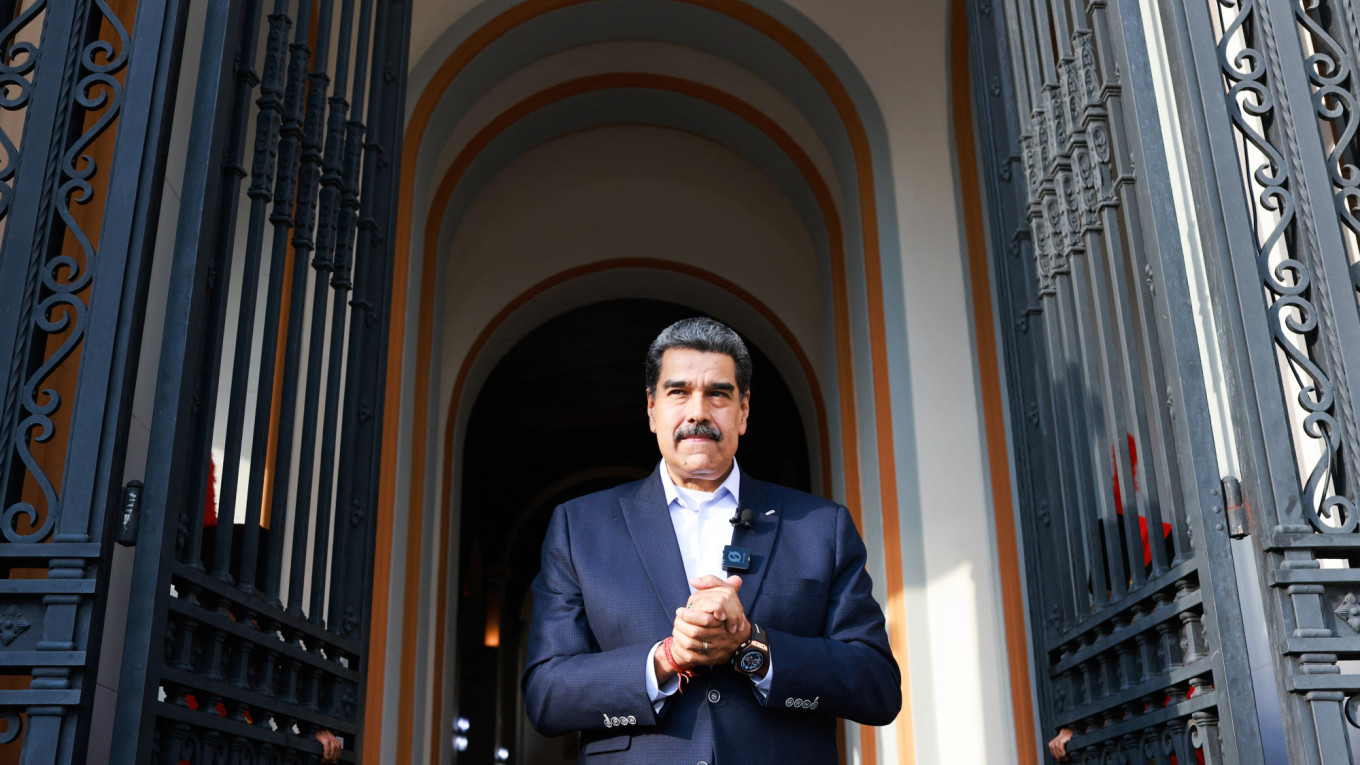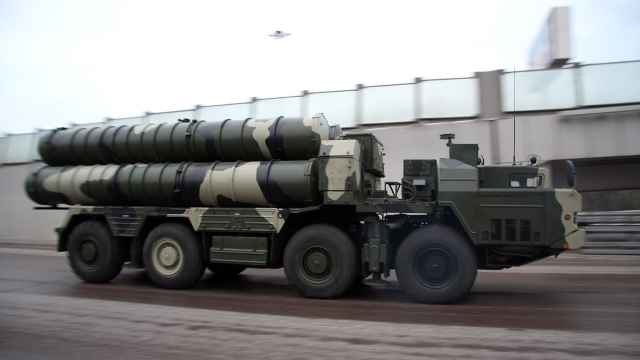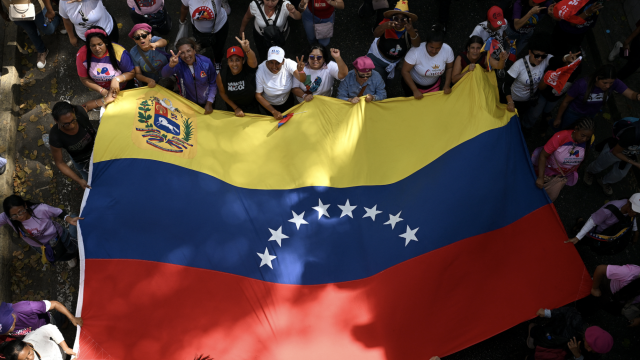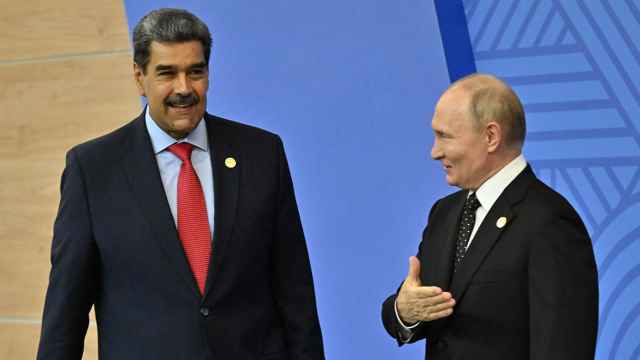As the United States deployed warships and submarines to the Caribbean and escalated strikes on suspected Venezuelan drug-smuggling boats in recent months, President Nicolás Maduro appealed to a powerful friend: Russia.
Even as he went on television in October vowing that Venezuelans were ready to “defeat this open conspiracy against the peace and stability” of their country, Maduro reportedly sent a letter to President Vladimir Putin requesting missiles and help in repairing Russian-made fighter jets.
Former U.S. officials and regional analysts who spoke to The Moscow Times said the reported letter reflected how cornered the Venezuelan leader has become. But they added that leaning on Moscow in a potential confrontation with Washington was unlikely to succeed.
And if President Donald Trump, as many believe, is seeking to force Maduro from power, a U.S. victory could cost Moscow a key ally in Latin America.
“If this [situation] were to somehow have a [broader] impact, then of course it pushes Russia out of the [Western] hemisphere,” said James Story, the U.S. ambassador to Venezuela from 2018 to 2023.
With the U.S. Navy’s largest aircraft carrier now deployed in the Caribbean, some observers see regime change as increasingly plausible.
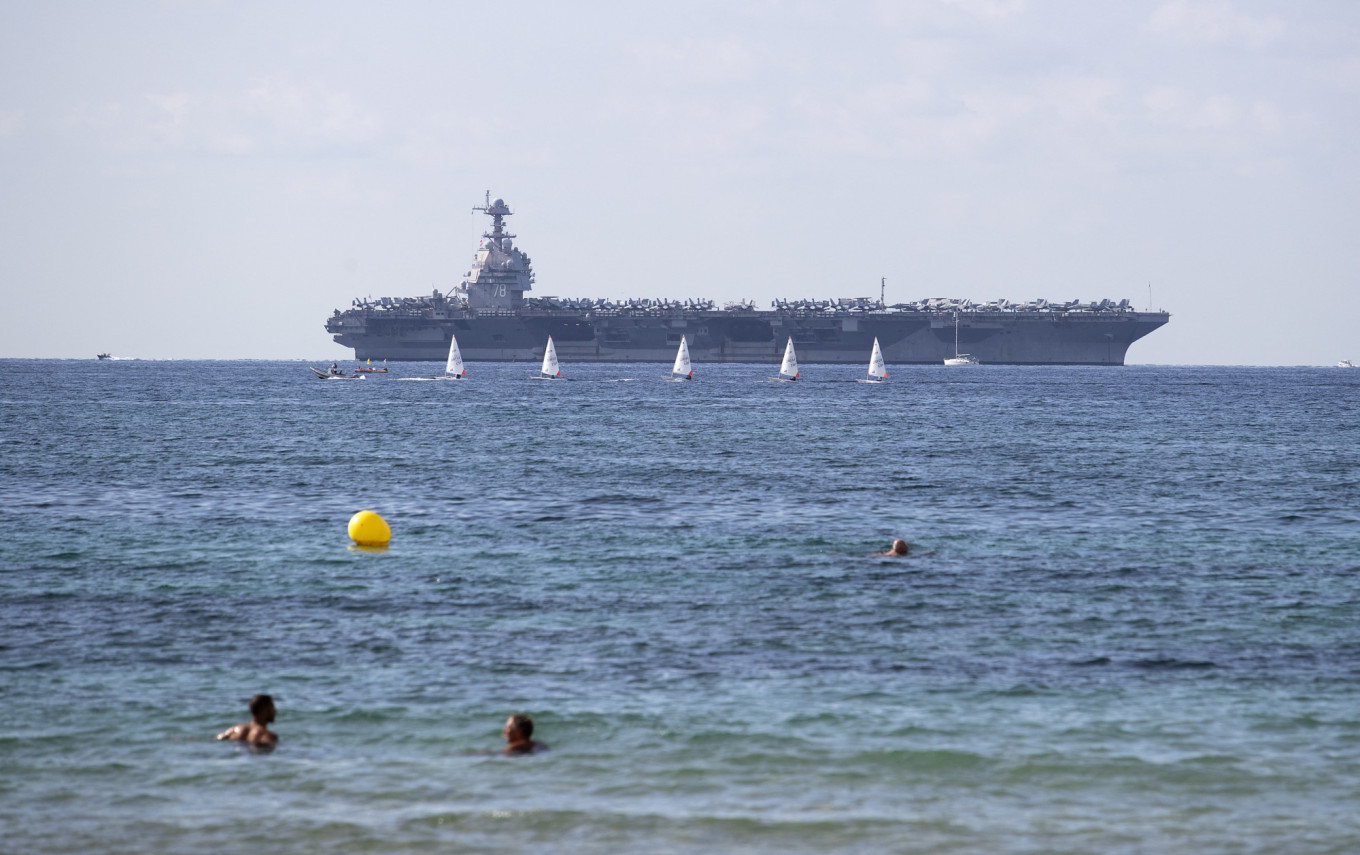
Russian Foreign Minister Sergei Lavrov warned this week that Washington’s tactics “will not lead to anything good.” Yet analysts say the Kremlin, its resources stretched by the war in Ukraine, has limited means or appetite to meaningfully intervene.
“I don’t believe the relationship is all that deep, nor strategic,” Story said.
“Russia views Venezuela as an economy of force mission,” he added, using a term that refers to allocating the fewest resources needed to achieve a specific military goal. “It’s an opportunistic relationship that bedevils the United States in some ways. It distracts us from other issues, and they can do it rather cheaply.”
'Too little, too late'
Since returning to office for his second term, Trump has steadily tightened the screws on Maduro, a longtime adversary whom he accuses of enabling drug shipments into the United States.
In August, the U.S. military began deploying warships, attack submarines and aircraft to the Caribbean.
The following month, American forces began targeting suspected drug-smuggling boats, a tactic that U.S. officials say is aimed at curbing narcotics trafficking but that has drawn criticism after more than 70 people, many of them Venezuelan, were killed in such strikes across the Caribbean and the Pacific.
Some observers believe that Trump’s true objective is regime change in Caracas. In a recent interview on “60 Minutes,” he appeared to confirm as much. Asked whether Maduro’s days as president were numbered, Trump replied: “I would say yeah. I think so, yeah.”
The last major challenge to Maduro’s authority came in 2019, when Venezuelan opposition figures disputed his re-election. U.S. officials at the time launched a “maximum pressure” campaign — including sanctions on the oil industry — to weaken the government.
During that crisis, Russia played a subtle role in bolstering Venezuela’s defenses, sending around 100 technical advisers to service military equipment.
“Those Russians would generally do a couple of things. They would go down and mostly they were fixing up the Sukhoi [fighter jets] and the attack helicopters,” Story claimed. “They were providing operations and maintenance support for the surface-to-air missile batteries.”
Until recently, there was little indication that Venezuela had again sought military assistance from Moscow.
Then came the letter.
First reported by The Washington Post in late October, the letter included a plea to Putin for help refurbishing Russian-made Sukhoi Su-30 fighter jets, repairing other equipment and acquiring 14 missile systems.
Just days earlier, a Russian military transport plane landed in Caracas, prompting speculation that help might already be on the way.
“If I had to write a cable about the whole thing, it would probably start with: ‘Too little, too late,’” said Brian Naranjo, a former U.S. diplomat. “Venezuela is trying to shore up its relationship with Russia in a last-ditch effort to try to find friends and resources.”
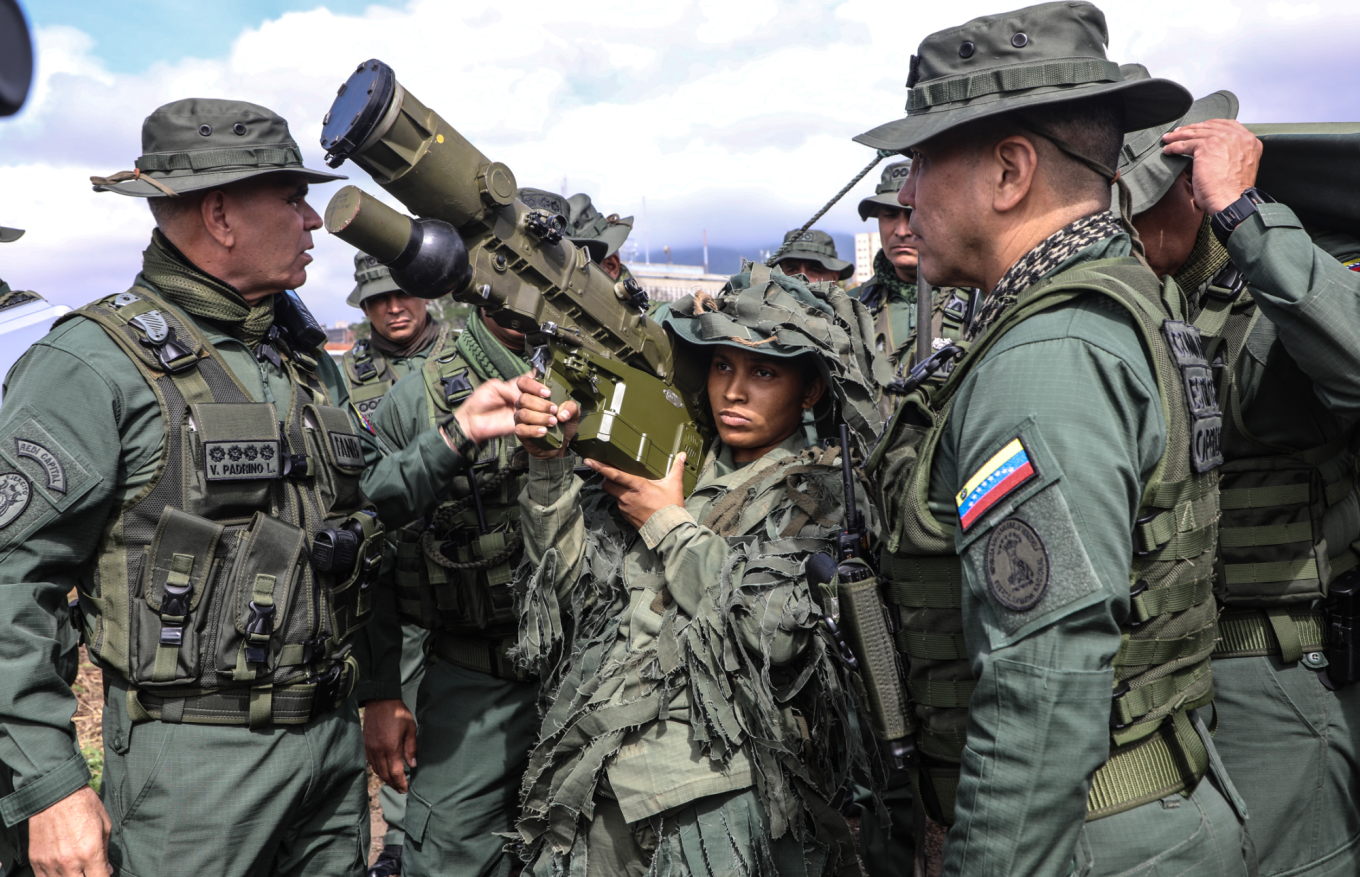
Naranjo, who believes some kind of intervention on the part of the Trump administration is possible, said that Maduro is “trying to increase the political pressure on the Russians to cut bait or fish.”
“That’s not a tactic that’s likely to work with the Russians,” Naranjo said, basing that assessment on his understanding of how the two countries negotiate.
Lavrov appeared to deny the report this week, telling Russian media that Venezuelan officials “haven’t come to us” to request military support.
In some ways, however, the support is already there. A Russian lawmaker this month claimed that Pantsir-S1 and Buk-M2E missile systems had recently been delivered to Venezuela, information that The Moscow Times could not independently verify. In addition to the Sukhoi fighter jet, Venezuela’s military relies on Russian long-range S-300 missile systems and, according to Maduro, short-range Igla-S missile systems.
The catch is that many of them may no longer work, according to a former U.S. official who spoke to The Moscow Times on condition of anonymity.
“Over the years, Venezuela acquired very sophisticated anti-aircraft systems [from Russia],” the official said. “It’s not known what the status of those systems is or how they’ve been maintained.”
A reputational loss
When Russia sent advisers to Venezuela in 2019, their presence projected solidarity and may have complicated any American consideration of military intervention at the time, said Vladimir Rouvinski, director of the Laboratory of Politics and International Relations at Icesi University in Cali, Colombia.
Today, Rouvinski sees parallels between Russia’s predicament in Venezuela and its recent loss of another key ally.
“The same [thing] happened, of course, for Assad in Syria,” he told The Moscow Times. “If Moscow were unable to save the Maduro regime, it would be déjà vu.”
He was referring to the toppling of the government of Syrian President Bashar al-Assad in 2024. Like Maduro, Assad found an ally in Russia when he was shunned by the international community. Assad’s ouster undermined Russia’s image as a reliable protector of embattled partners
If Maduro were to fall and a new government take power, Russia’s reputation would again suffer, Rouvinski said.
“The major risk at this point is the collapse of what Moscow was trying to construct for many years here in Latin America, namely its status as one of the centers of global power, which is capable of global protection,” he explained.
With its military stretched by the war in Ukraine, Russia lacks the flexibility it once had to project influence abroad. And while some form of assistance to Venezuela remains possible, Rouvinski said it would likely be more symbolic than substantive.
“I don’t think that Russia is willing to go very far” to protect the Maduro government, he said. “Russia is not prepared and is not capable, realistically, to have this kind of engagement.”
A Message from The Moscow Times:
Dear readers,
We are facing unprecedented challenges. Russia's Prosecutor General's Office has designated The Moscow Times as an "undesirable" organization, criminalizing our work and putting our staff at risk of prosecution. This follows our earlier unjust labeling as a "foreign agent."
These actions are direct attempts to silence independent journalism in Russia. The authorities claim our work "discredits the decisions of the Russian leadership." We see things differently: we strive to provide accurate, unbiased reporting on Russia.
We, the journalists of The Moscow Times, refuse to be silenced. But to continue our work, we need your help.
Your support, no matter how small, makes a world of difference. If you can, please support us monthly starting from just $2. It's quick to set up, and every contribution makes a significant impact.
By supporting The Moscow Times, you're defending open, independent journalism in the face of repression. Thank you for standing with us.
Remind me later.



